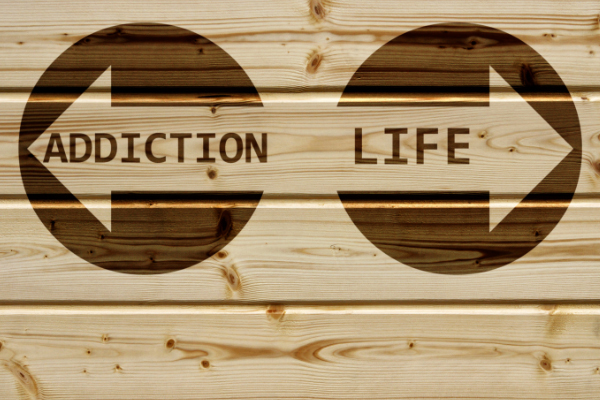Anyone recovering from drug or alcohol addictions knows that their life improved dramatically once they got clean and sober. Still, recovery is hard. The reason that people use drugs and drink alcohol is to self-medicate. Once a person removes the substance, they are challenged to cope or even feel happy. The good news is that advanced treatment types address the mental and emotional struggles addicts and alcoholics have once they are drug and alcohol-free. Addiction and alcoholism are diseases of the mind and emotions that are less about the drugs and more about the person’s wellbeing. Living without drugs and alcohol takes practice and dedication to recovery. The suggestions made here are not the golden rule but have made a recovery easier.
Mindfulness as Recovery Practice
Practicing mindfulness means stopping the thoughts that cause negative emotions. Every once in a while, everyone has said to themselves, “Don’t think about this” or “Don’t think about that” because the person knows that it is disturbing their peace of mind. And the same process applies to mindfulness. Mindfulness as a recovery practice teaches how to connect the direct effect specific thoughts cause someone to feel. Pausing on or interrupting certain topics that enter the mind before they get carried away and the heart races or a ‘crazy-feeling-mind’ takes over is why practicing mindfulness is helpful.
Recognizing the Disease of Addiction as A Mental Health Disorder
Fortunately, today, the research communities that study addiction and the brain and the demographics of who gets addicted to drugs or alcohol have come very far. In the past, treatment centers focused primarily on the drugs as the problem. Today we now know that the precursors that lead someone to become addicted to a substance are the problem because of how they affect the brain and the emotional wellbeing or development of the person. People who have expensed abuse, trauma, neglect, or grew up in drug and alcohol using homes are damaged emotionally and mentally and were so long before discovering the numbing effects of drugs. Recovering people appreciate the fact that it is not the drugs or drink that is the problem; what happened to them caused them to self-medicate.
Recovery Coaches Are Valuable Sources
When anyone is entering their recovery for the first or even second time, they need support! They must have someone to talk to every day about feeling and coping. A recovery coach, also called a sober companion or recovery peer, provides 24 hours of care and encouragement. Newly recovering addicts/alcoholics often turn to recovery coaches when stressed or faced with triggers. Relapse occurs most often during the first year of recovery and is when most people go through their most complex recovery. In addition to providing much-needed support, a recovery coach will teach recovering addicts and alcoholics newly how to make the best possible choices, with their recovery being the number one priority.
Receive Regular Counseling
The main benefits of regular counseling are helping people realize how specific life experiences impacted their emotional, mental, and spiritual outlooks. Psychotherapy is effective for many people since it allows them to recognize how trauma, abuse, neglect, drug or alcohol abuse, childhood addictions, and other challenges have affected their mental health. In any case of abuse or trauma, the victim is wounded. A person who has unresolved hurts experiences enormous emotions and mental stress. Unfortunately, the depth of a person’s pain is often not realized until counseling.
What Do the Professionals Recommend For Sustaining Recovery?
The Substance Abuse And Mental Health Services Administration states what recovery is and how to make the most of it. They emphasize that the process of recovery is about personal growth. “Recovery is a process of change through which people improve their health and wellness, live self-directed lives, and strive to reach their full potential. Four major dimensions support recovery:
- Health—overcoming or managing one’s disease(s) or symptoms and making informed, healthy choices that support physical and emotional wellbeing.
- Home—having a stable and safe place to live.
- Purpose—conducting meaningful daily activities and having the independence, income, and resources to participate in society.
- Community—having relationships and social networks that provide support, friendship, love, and hope. (SAMHSA)
Evoke Wellness in Coconut Creek Florida Provides On-Going Support to All Patients
We believe recovery begins each day. Our program prepares every person for how to embrace life clean and sober. Still, we provide aftercare and alumni programs for as long as our patients need them! Don’t let drugs and alcohol steal your life or harm you any longer. There is a way to be fulfilled without substances! Call for immediate conversation and chat or email for more information.



